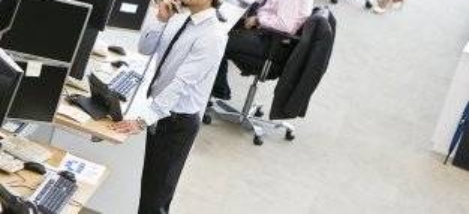September 9, 2015
Five unconventional ways to attract and retain Millennial talent 0
 Almost one third of millennial staff (29 percent) claim that a higher salary is the biggest contributor to their loyalty, despite only 20 percent of the broader American workforce reporting the same; the Staples Advantage Workplace Index, a study of office workers in the US and Canada claims. US office workers consider title and work responsibilities (38 percent) and work-life balance (30 percent) as leading contributors to their loyalty, but Millennials favour less traditional benefits including more flexibility; generous office amenities, such as gyms; a company which promotes and supports sustainable practices; a more sociable working environment with plenty of breaks; and finally, lots of positive feedback from their direct line manager. Unsurprisingly, unlike other generations of workers, Millennials say that the use of social media enhances rather than detracts from their productivity.
Almost one third of millennial staff (29 percent) claim that a higher salary is the biggest contributor to their loyalty, despite only 20 percent of the broader American workforce reporting the same; the Staples Advantage Workplace Index, a study of office workers in the US and Canada claims. US office workers consider title and work responsibilities (38 percent) and work-life balance (30 percent) as leading contributors to their loyalty, but Millennials favour less traditional benefits including more flexibility; generous office amenities, such as gyms; a company which promotes and supports sustainable practices; a more sociable working environment with plenty of breaks; and finally, lots of positive feedback from their direct line manager. Unsurprisingly, unlike other generations of workers, Millennials say that the use of social media enhances rather than detracts from their productivity.





























August 5, 2015
Using office relocation as a vehicle for positive organisational change 0
by Lee Parsons • Comment, Facilities management, Workplace, Workplace design
(more…)